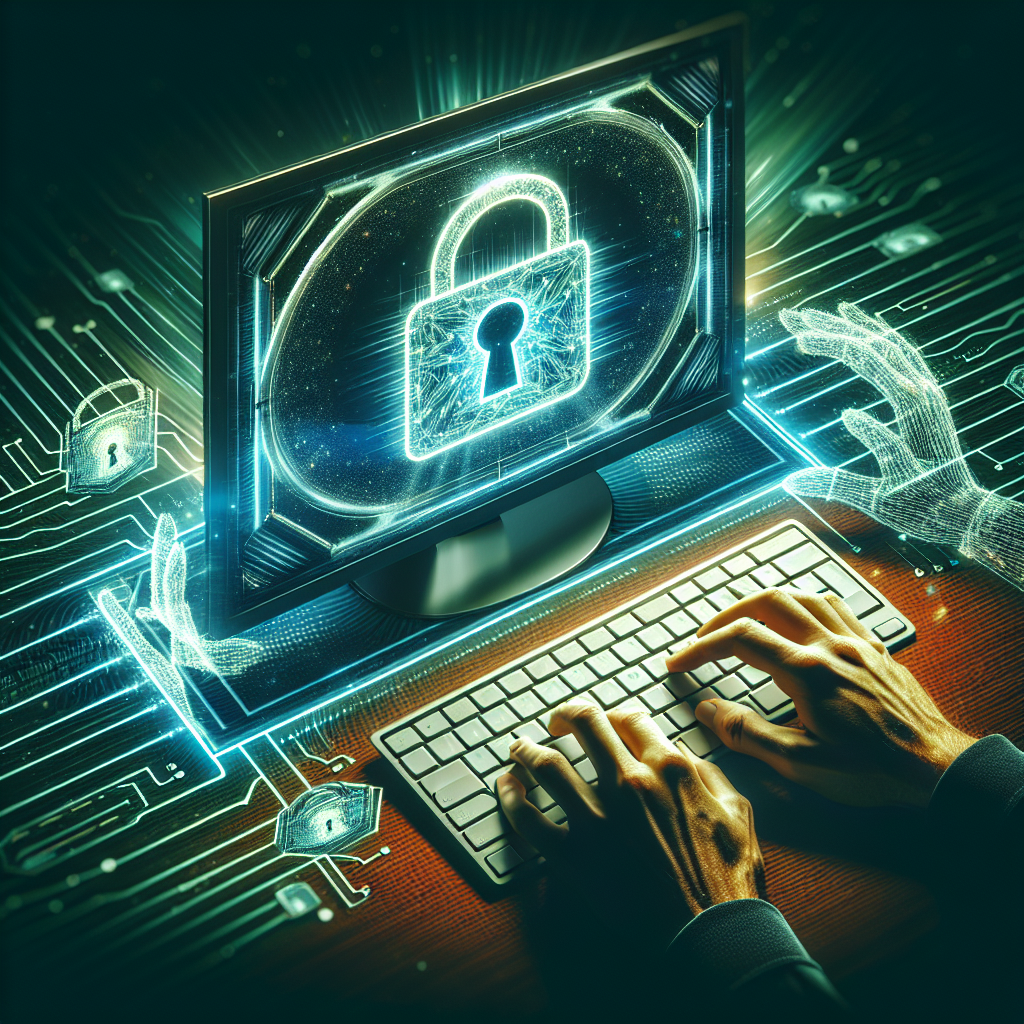
In the crowded digital landscape, protecting our personal information feels like a never-ending job. Every click, share, and download could potentially expose our data to thieves and hackers lurking online. So, how do we stay Cyber Safe? Let’s talk about some best practices.
Contents
Why is Cyber Security Important?
In today’s online world, data breaches are as common as a morning latte in New York. Think of all those times you mindlessly clicked “accept” on privacy policies. If you aren’t careful, sensitive info can slip through your fingers. Cyber security isn’t just an IT department’s headache. It’s personal.
How to Stay Cyber Safe
Strong Passwords are a Must
Forget using your pet’s name or ‘123456.’ Hackers can crack those in a New York minute. Instead, use a mix: uppercase, lowercase, numbers, and symbols. Consider a password manager to keep track of them all.
Enable Two-Factor Authentication (2FA)
2FA adds an extra layer. It verifies your identity with a second device, usually your smartphone. This makes unauthorized access much harder.
Keep Software Updated
Ever ignored those pesky update notifications? They’re crucial. Developers regularly patch security vulnerabilities. Updated software makes you a harder target.
Secure Your Network
Change default settings on your home router and use a complicated Wi-Fi password. WPA3 encryption is ideal. Trust me, it makes a difference.
Beware of Phishing Scams
Scammers have upped their game. They’re slick. Double-check email addresses and don’t click unknown links. If it seems too good to be true, it probably is.
Use a VPN
A Virtual Private Network (VPN) encrypts your online activities. It’s like slipping into a disguise before heading out. Essential for public Wi-Fi.
Regularly Back Up Data
Ransomware can hold your data hostage. Regular backups ensure you have copies, saving you stress and money.
Be Cautious on Social Media
Don’t overshare. Hackers can piece together info from what you post. That vacation photo can wait till you’re home.
A Detailed Table for Cyber Safety
Here’s a succinct rundown of practices and their benefits:
| Practice | Description | Benefit |
|---|---|---|
| Strong Passwords | Use complex, diverse passwords. | Harder to crack. |
| Two-Factor Authentication | Requires a second form of identification. | Extra layer of security. |
| Software Updates | Keep all apps and systems updated. | Protects against vulnerabilities. |
| Secure Networks | Change router settings and use strong encryption. | Prevents unauthorized access. |
| Beware of Phishing | Be cautious with emails and links. | Avoids scams and spyware. |
| Use a VPN | Encrypts internet connection. | Hides digital activities. |
| Data Backup | Regularly backup essential data. | Data recovery. |
| Social Media Caution | Limit the information you post publicly. | Reduces personal data risk. |
Latest Trends in Cyber Security
Cyber threats are evolving. Click here to learn more about Investment Hoax to stay current. Let’s dig into some recent strategies tech giants are implementing.
What’s the Latest in Cyber Security Measures?
Many companies are integrating Artificial Intelligence. They use AI for threat detection, identifying suspicious patterns before humans can. Blockchain is also stepping in. It’s a potentially tamper-proof tech, catching the eye of industries worldwide.
Are There New Challenges?
Oh, you bet. Social engineering attacks are on the rise. It’s got new twists—like spear phishing—targeting specific individuals. These crafty scams are harder to spot but not impossible. Stay sharp.
How Do These Trends Affect Me?
Awareness is power. Understanding these threats helps you take preemptive steps. A little caution goes a long way in steering clear of cyber minefields.
In-Depth Questions on Cyber Security
How can one recognize and avoid phishing attacks?
Phishing attacks disguise themselves as legitimate emails or messages. Often they urge immediate action and contain suspicious links. To avoid them, scrutinize email addresses for slight misspellings. Cross-verify information by contacting the company directly, rather than clicking embedded links. Use email filters to block known phishing emails. Awareness and skepticism are your best defenses.
What are the benefits of using a password manager?
Managing countless passwords is overwhelming. Password managers simplify this. They generate complex passwords and store them securely. It’s convenient and more secure than using a single password for multiple sites. Always choose a reputable password manager with robust encryption. They make it easier to change passwords regularly, ensuring enhanced protection.
Why is backing up data crucial, and what are effective methods?
Ransomware and system failures can result in data loss. Regular backups ensure your data is not entirely lost. Use both physical (external hard drives) and cloud-based backups. Services like Google Drive or Dropbox provide options for automatic backups. Always encrypt sensitive information. Routine backups safeguard against unexpected data loss. It’s your safety net.
Conclusion
In a city that never sleeps, don’t let your security take a nap. Protecting personal information is as essential as locking your apartment door. Understanding cyber safety is your best armor. Stay proactive, keep informed, and you’ll navigate the digital world confidently. More about Cyber Safe strategies can be found at Investment Hoax.
Our tips ain’t gonna guarantee complete safety, but being a cautious netizen sure gives you an edge. Stay smart. Stay safe.






